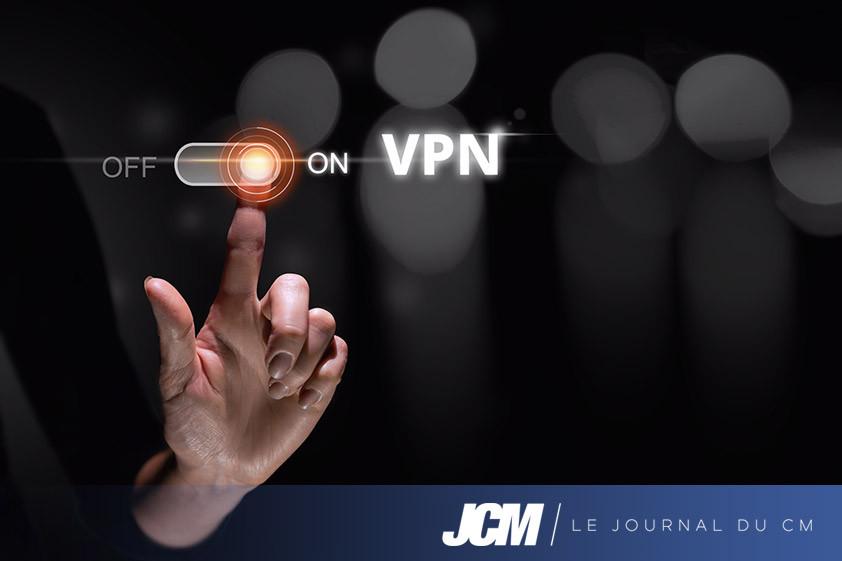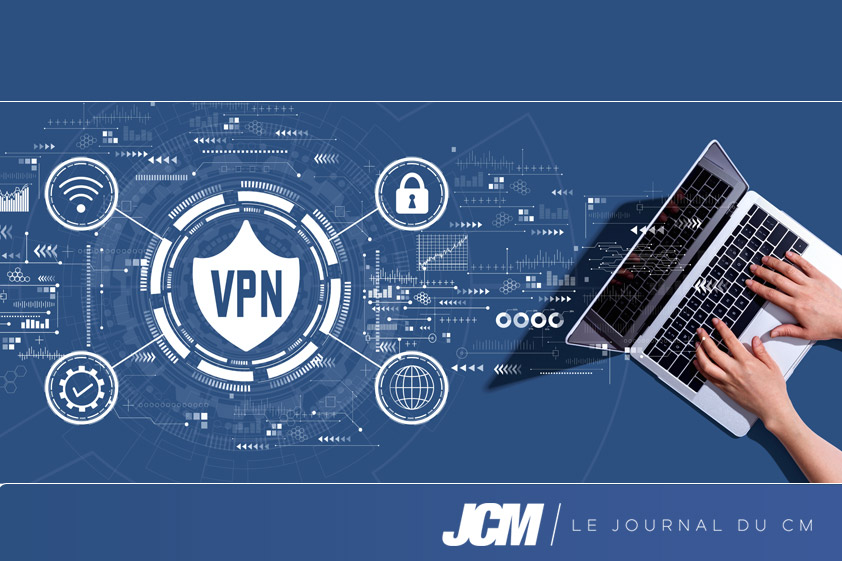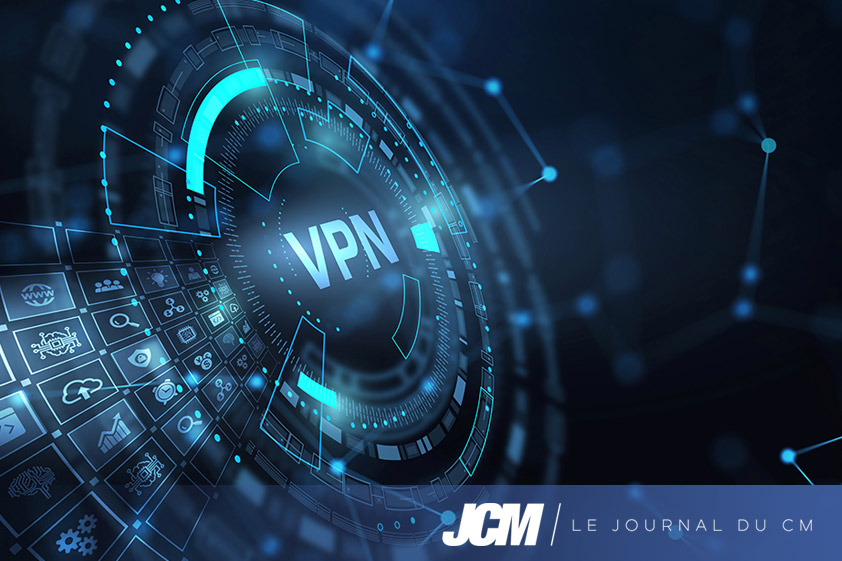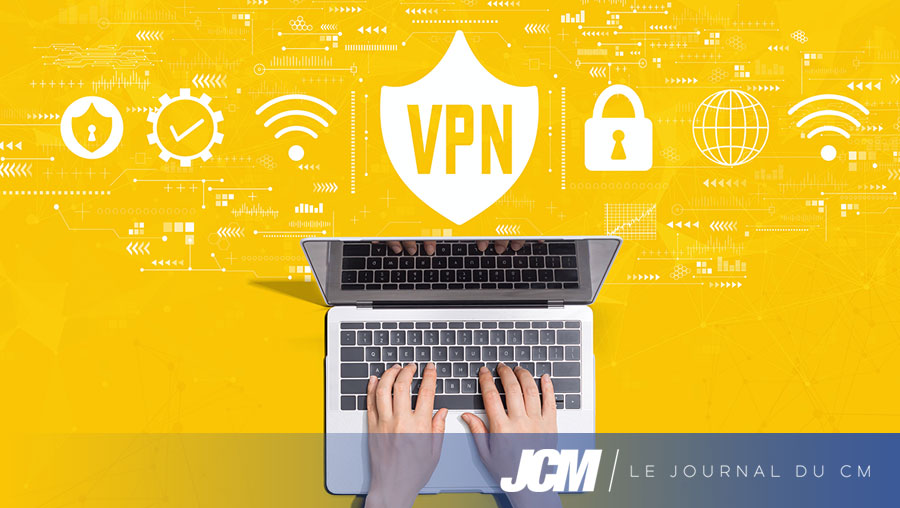VPNs are a simple security solution to deploy on computers. Including for companies that want to encrypt employee connections.
Securing the data exchanged between professionals is crucial. Competition from certain circles is indeed fierce and the slightest leak can be costly. This is why we must consider cybercrime solutions from the creation of an entrepreneurial project.
However, not everyone has the same resources in terms of time and finances. In addition, with the confinements linked to the coronavirus, the telework has become the norm. The need for a quick solution has prompted many business leaders to make choices that are not necessarily the most appropriate.
Using a VPN to protect your data appears to be an appropriate solution when it comes to quickly securing a fleet of computers. This alternative is especially very economical since in general the use of a VPN does not involve the intervention of a computer security expert. It remains to be seen how far virtual private networks can be trusted.
VPNs have a lot of security for them
It is best to start from the very beginning, which is VPN subscription. First of all, it is necessary to clarify that there are free offers. In the case of a VPN for professionals, however, this option should be banned. On the one hand, due to the fact that these VPNs restrict bandwidth.
On the other hand, because many of them finance themselves by reselling their users’ data to third-party companies with unknown identities.

There is now a wide choice of paid VPNs, each highlighting many strengths. Insofar as the criterion sought is above all safety, two elements must be considered. The first is the encryption key: AES-256 bit technology is considered the safest today and most vendors offer it. Concretely, the 256 bits correspond to the level of data encryption.
If a malicious person wanted to try all the combinations and attempt a data breach, all the computers on the planet would not be enough for him in a human life.
The second element is the VPN protocol. In a way, this is the method used to bypass the intermediaries who collect sensitive data. If the VPN is not transparent about the protocols used and does not let users choose, doubts can be cast on its reliability. All this shows that if some VPNs are possible solutions for the cybersecurity of a company, vigilance remains in this environment.
Risks always present, even when using a VPN
Even taking all the precautions mentioned here, the guarantees are not total on the preservation of the data. VPNs are effective, but don’t prevent 100% of leaks since human error is always possible.
Training of all employees required to use these tools is therefore strongly recommended. Generally speaking, it cannot be superfluous to remind employees of theimportance of being vigilant about the risk of data leaks in professional circles.
It can also be an opportunity to highlight bad practices that take place, including when a VPN is already deployed in the company. Although these three letters are increasingly popular, it should not be forgotten that this is a notion that remains reserved for insiders of online security.

On the other hand, VPNs are not suitable for companies that have an intranet, or internal network. First, because the intranet’s firewall aims to sort out incoming and outgoing connections. It is therefore quite possible that it is blocking some VPNs.
In addition, intranets require security solutions adapted to their specificities. That said, going through an internal network is already a first measure which in principle makes it possible to preserve a good part of the company’s data.
Steps to take to keep a professional VPN working
With the parameters already mentioned, the risks are reduced since in principle the selected VPN is rather proven and has the essential functionalities. But to be sure that it remains fully effective, additional measures therefore remain to be taken.
The first is to only install the VPN on machines prepared and cleaned by the company. Without this precaution, the machine may already be infected and the VPN is then of no use.

In addition, identification must be reinforced as much as possible. Rather than writing down IDs and passwords on a sticky note, it is better to favor a connection with two identification factors or more. For this, some VPNs directly integrate the functionality, otherwise you have to look for a third-party application that is also trustworthy. Once these criteria have been taken into account, employees can start working remotely. VPNs can also be used to protect phones data professionals.
However, you have to keep in mind that VPNs are not the big business solution. For small businesses with limited means this may be quite sufficient. But as the number of employees grows, and competitors multiply, stronger measures must be considered.
It then becomes necessary to go through a cybersecurity professional. Tailor-made solutions seem more suitable for securing teleworking activities.
–


